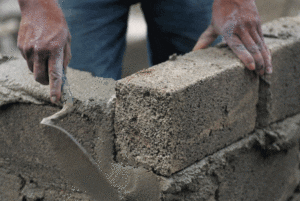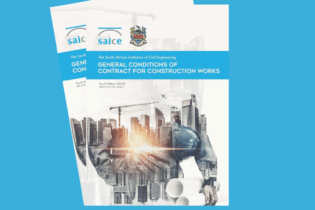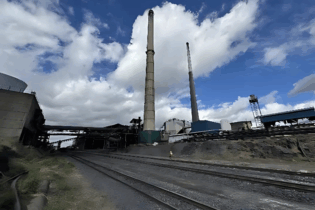The SA cement industry has made presentations to parliamentary portfolio chairpersons as well as political parties explaining the background and reasons for its Safeguard application to the International Trade Administration Commission of South Africa (ITAC).
Industry spokesperson and MD of The Concrete Institute (TCI), Bryan Perrie, has presented the industry’s plight calling for “the playing field to be levelled”. He also pointed out that the cost of doing business in South Africa is significantly higher than in countries exporting cement to South Africa. Perrie says according to the construction market intelligence firm, Industry Insight, imports of cement into South Africa increased by 293% year-on-year in July – and the figure looks to be increasing this year. “The cement industry is facing a crisis which threatens to undermine the industrial capacity of the country in general. Urgent action is required. We have asked ITAC for a Safeguard action against cheap cement imports, which are undercutting local producers’ price by almost 45%, and skewing the market prices,” he said. “In South Africa, cement manufacturing is subject to regulatory requirements, including the newly-introduced carbon tax and ever-increasing energy costs, from which foreign producers are largely exempt. Unlike foreign producers, the SA cement sector pays local taxes, which contribute to the government’s fiscus and thus national development.“The local cement sector can produce up to 20-million tons of cement a year but is currently producing around 13-million. The industry wants to be part of the inclusive growth championed by President Cyril Ramaphosa at the World Economic Forum (WEF) on Africa but needs government protection for SA to have the necessary concrete to build the roads, bridges, ports, and airports such growth would call for.”
Perrie believes SA’s greatest challenge is unemployment which could generate unrest and stifle growth. “Cheap cement imports harming local producers will add to the jobs crisis and negatively affect the full value-chain in South Africa,” he asserts. Stellenbosch University research has shown that the construction industry accounts for 8% of total formal employment and 17% of total informal employment in SA. The cement sector directly employs more than 7 000 people and indirectly an additional 35 000 jobs are affected. “These could all be under threat. We have already made our presentations to ITAC. Now we have also made parliament aware of why we have applied for the tariffs. We are not looking for protection or a ban on imports — just to level the field and protect national interests.”






